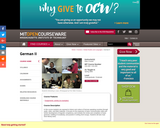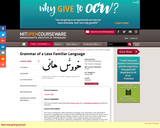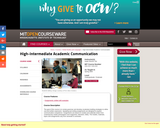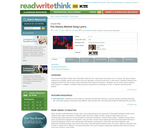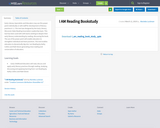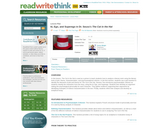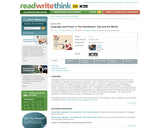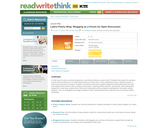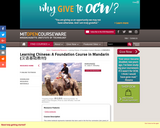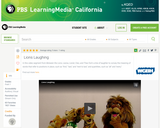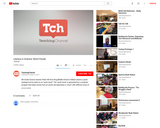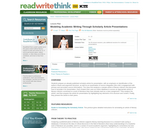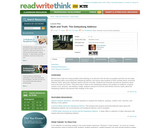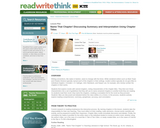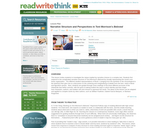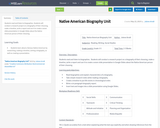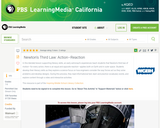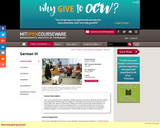
This course expands skills in speaking, reading, listening, and writing. Students develop analytic and interpretative skills through the reading of a full-length drama as well as short prose and poetry (Biermann, Brecht, DĚ_rrenmatt, Tawada and others) and through media selections on contemporary issues in German-speaking cultures. Coursework includes discussions and compositions based on these texts, and review of grammar and development of vocabulary-building strategies. It is recommended for students with two years of high school German.
- Subject:
- English Language Arts
- Fine Arts
- Language, Grammar and Vocabulary
- World Languages
- Material Type:
- Full Course
- Provider:
- M.I.T.
- Provider Set:
- M.I.T. OpenCourseWare
- Author:
- Jaeger, Dagmar
- Date Added:
- 01/01/2004
